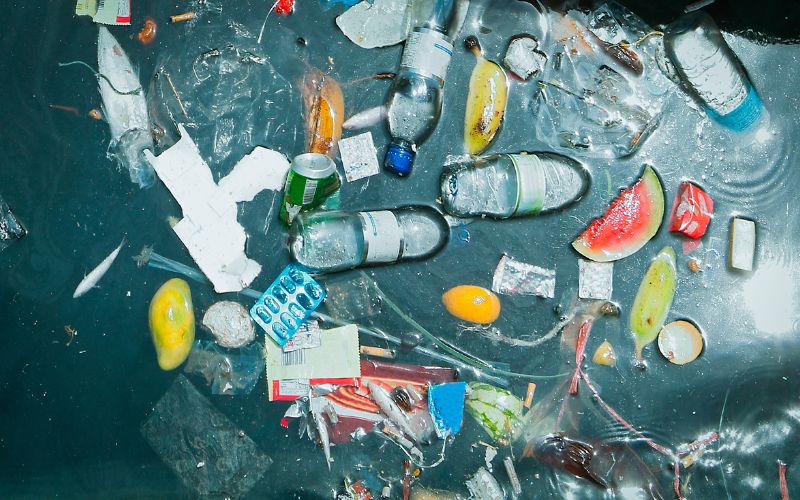Consumer behavior plays a pivotal role in the generation, disposal, and management of plastic waste, influencing environmental sustainability and shaping industry practices. Understanding consumer attitudes, choices, and actions is crucial for implementing effective strategies to reduce plastic waste and promote a more sustainable future.
Consumer Trends and Plastic Consumption
- Single-Use Plastics: Convenience-driven consumption habits contribute significantly to the proliferation of single-use plastics, including items like plastic bags, bottles, straws, and packaging. These products are often discarded after a brief use, leading to substantial waste accumulation.
- Packaging Preferences: Consumer preferences for packaged goods impact the demand for plastic packaging materials in retail and food industries. Choices regarding product packaging influence overall plastic consumption and waste generation.
- Awareness and Education: Increasing consumer awareness of environmental issues, such as plastic pollution and its impact on ecosystems and human health, drives demand for eco-friendly alternatives and influences purchasing decisions.
Factors Influencing Consumer Behavior
- Convenience vs. Sustainability: Consumers often prioritize convenience and affordability over sustainability when making purchasing decisions. Convenience-oriented lifestyles contribute to the prevalence of disposable plastics in daily routines.
- Perception of Responsibility: Consumer perceptions of responsibility towards environmental stewardship influence attitudes towards plastic waste reduction. Awareness campaigns and education initiatives can empower consumers to adopt more sustainable practices.
- Alternative Choices: Availability and accessibility of sustainable alternatives, such as reusable bags, bottles, and packaging, influence consumer behavior by providing practical options to reduce reliance on single-use plastics.
Strategies for Behavior Change
- Information and Communication: Providing transparent information about the environmental impact of plastic products can raise awareness and encourage responsible consumption habits among consumers.
- Incentives and Rewards: Implementing incentives, discounts, or rewards for using reusable products or participating in recycling programs can motivate consumers to adopt sustainable behaviors and reduce plastic waste.
- Policy and Regulation: Government policies and regulations, such as bans on single-use plastics or mandatory recycling programs, shape consumer behavior by promoting sustainable practices and reducing plastic consumption.
Empowering Consumers for Change
- Education Initiatives: Educating consumers about the lifecycle of plastics, recycling practices, and the importance of waste reduction fosters informed decision-making and empowers individuals to make environmentally conscious choices.
- Collaboration and Engagement: Collaborative efforts among businesses, governments, NGOs, and communities are essential for promoting sustainable consumption patterns and implementing effective waste management solutions.
Conclusion: Towards a Sustainable Future
Consumer behavior is a critical determinant in the global effort to reduce plastic waste and achieve environmental sustainability. By encouraging mindful consumption, promoting alternatives to single-use plastics, and fostering a culture of responsibility, individuals can contribute to significant reductions in plastic waste generation. Empowering consumers through education, accessible alternatives, and supportive policies can collectively drive positive change and create a cleaner, healthier planet for future generations.


